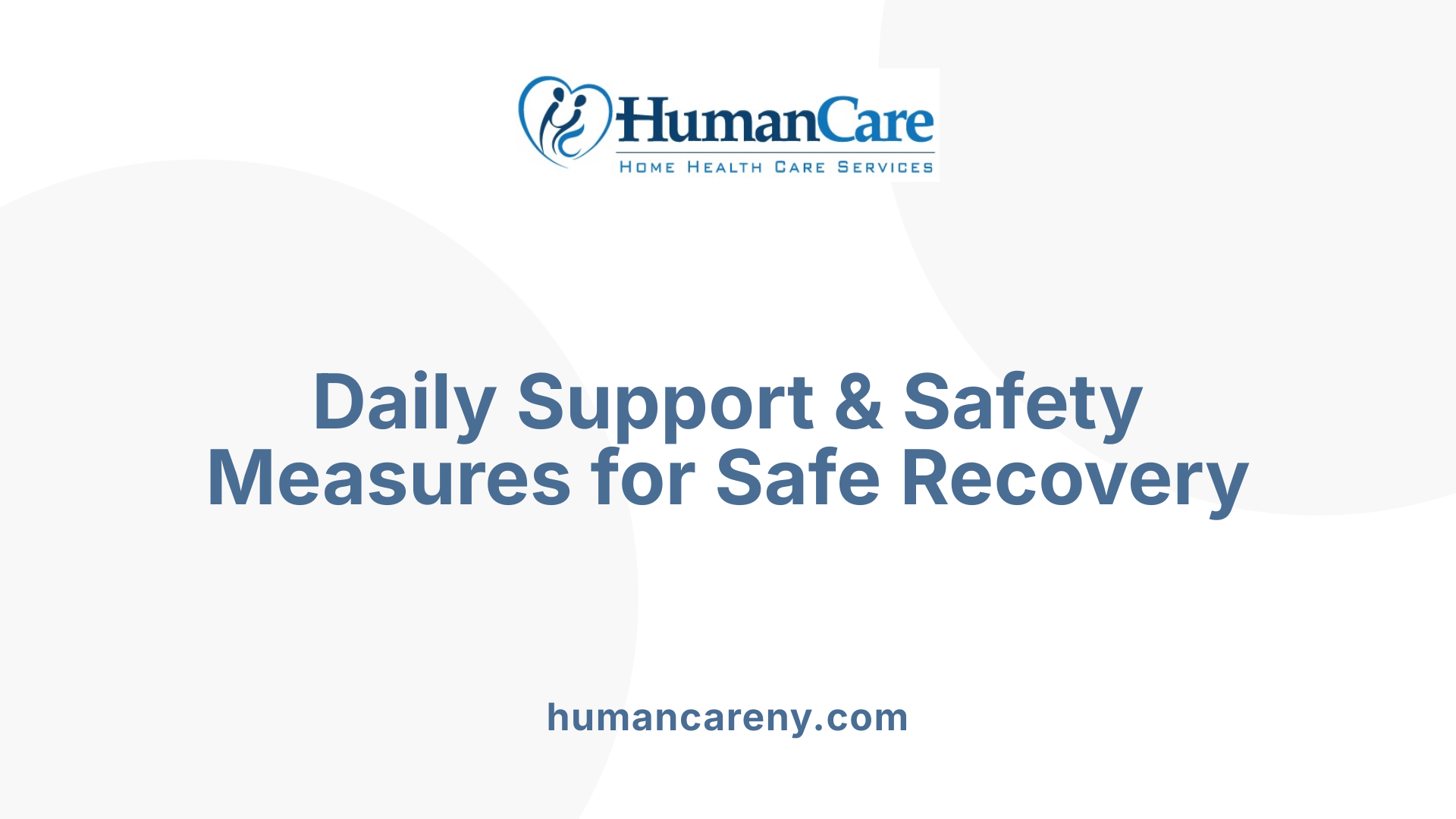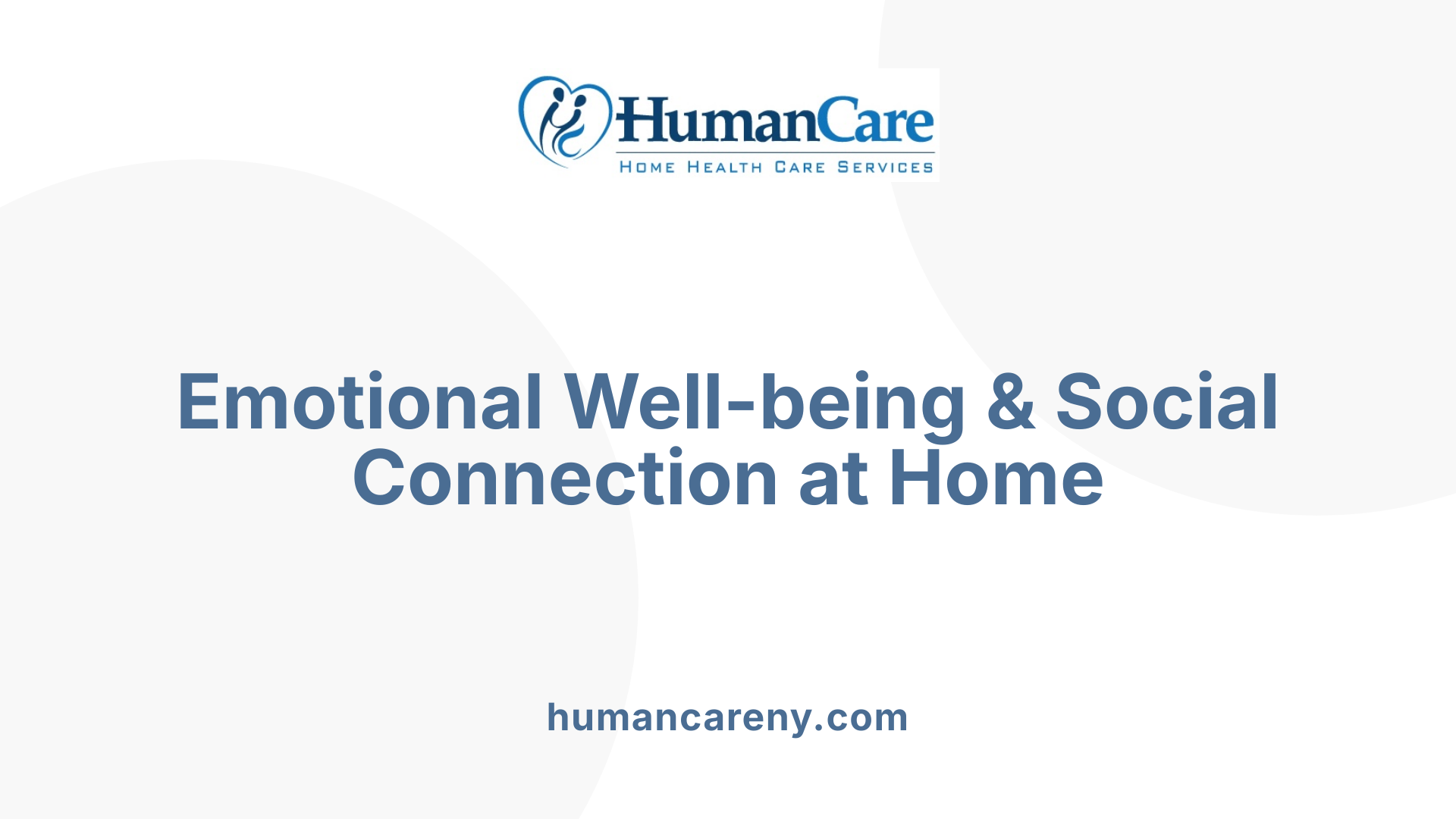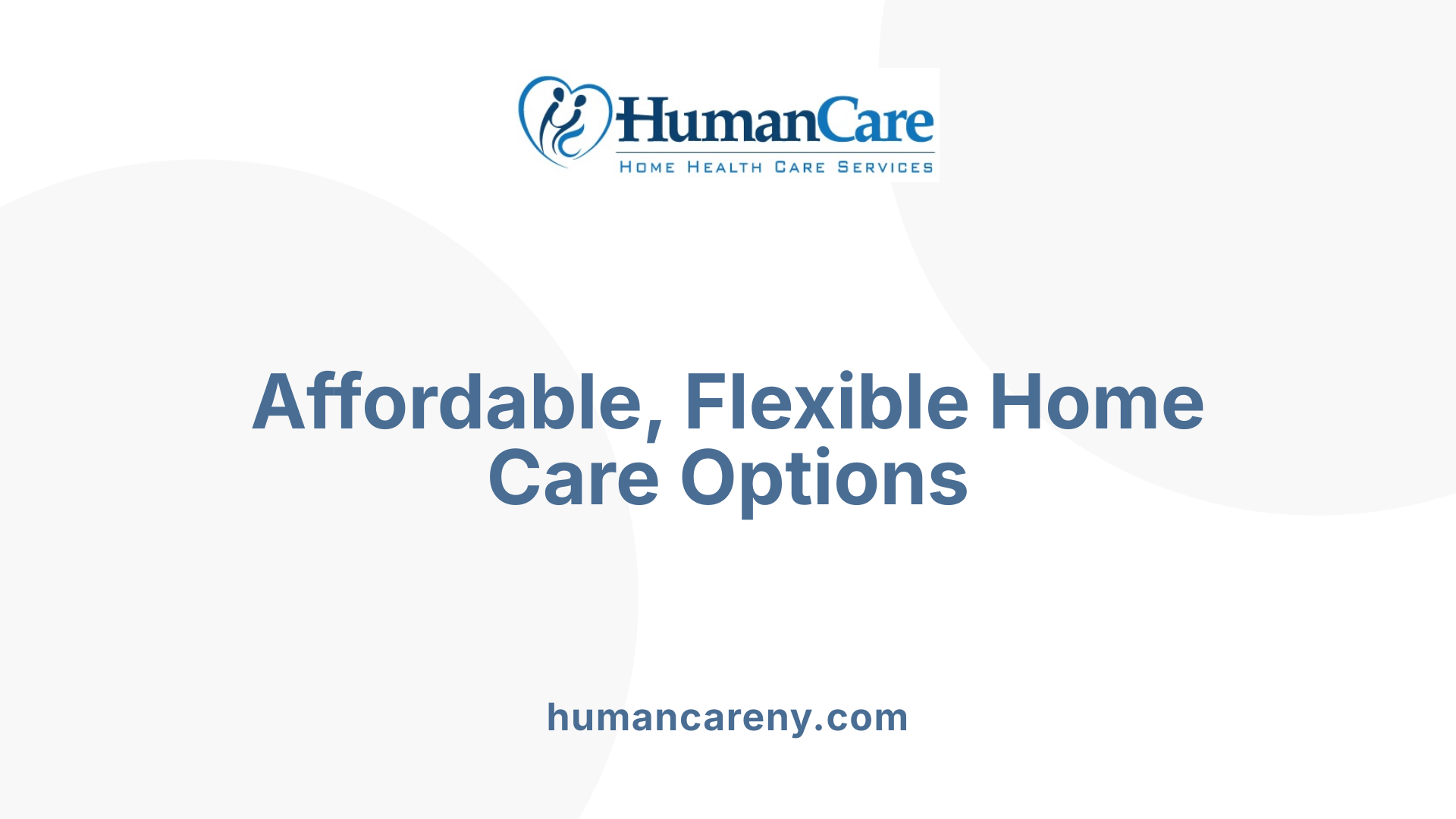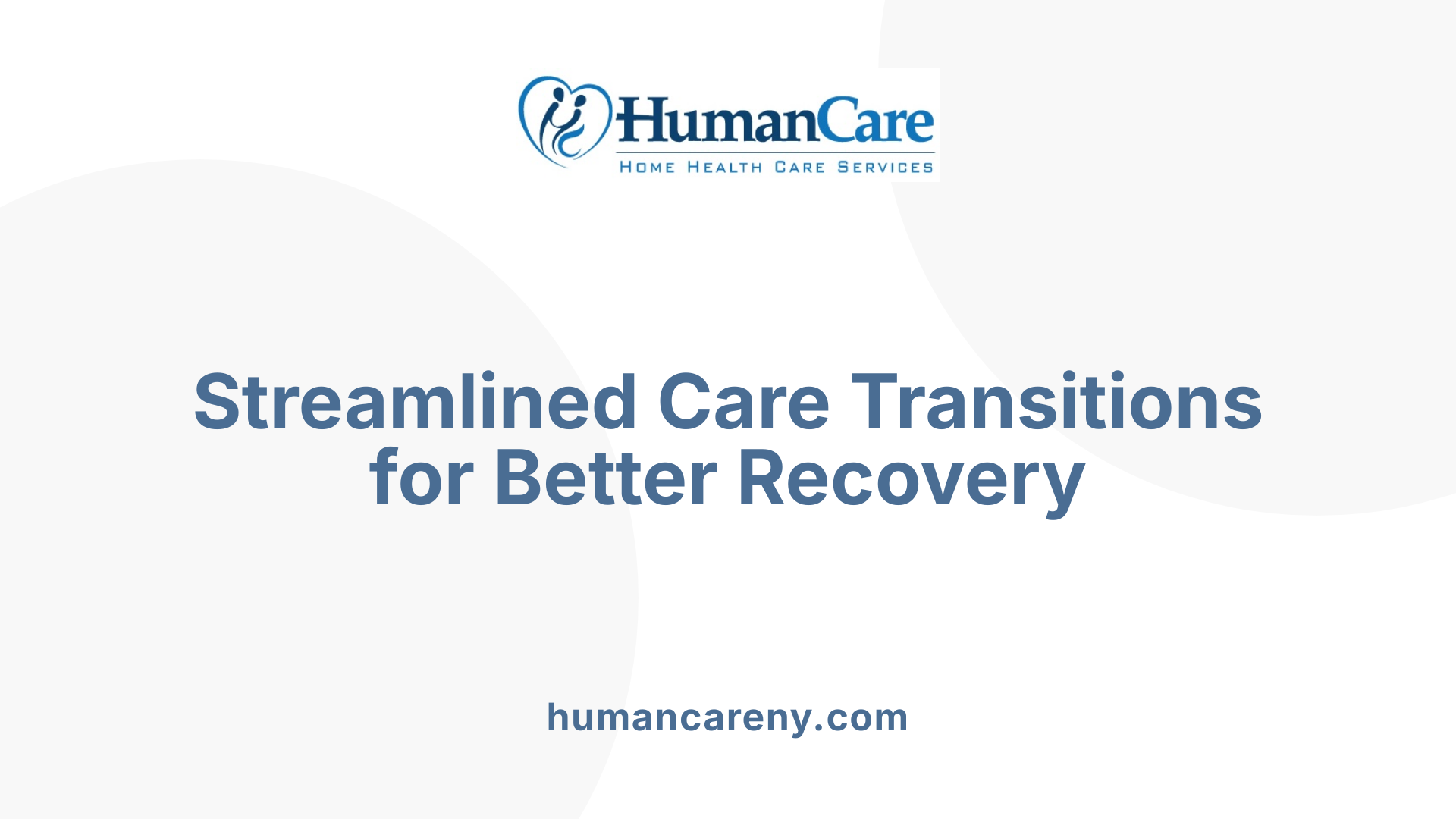Introduction to Skilled Nursing in Home-Based Recovery
As healthcare continues to evolve, more seniors and patients recovering from hospital stays are choosing skilled nursing care within the comfort of their own homes. This shift not only supports medical recovery but also fosters emotional well-being and independence. Exploring the comprehensive role skilled nursing plays will shed light on why it is essential for effective home-based recovery.
Comprehensive Medical Care for Complex Needs at Home
What types of medical care do skilled nursing services provide in home-based recovery?
Skilled nursing services delivered at home offer a comprehensive range of medical care tailored to support complex recovery needs. Residents have 24/7 access to medical professionals, including physicians and registered nurses, ensuring timely attention and continuous monitoring.
These services include specialized medication management to ensure correct dosages and schedules, intravenous (IV) therapy to administer fluids or medications, and advanced cardiac care to manage heart-related conditions. Skilled nurses also provide wound care, addressing both healing and infection prevention, along with ostomy and catheter care vital for those with specific medical devices.
In addition, dialysis support is offered for patients requiring kidney function assistance at home. These skilled nurses conduct thorough assessments of individual health conditions and develop personalized care plans, making adjustments as needed to address chronic illnesses such as heart disease, kidney disease, and Alzheimer's.
This approach enables patients to receive high-level medical attention within their familiar home environment, promoting smoother recoveries and reducing the risk of hospital readmissions.
Supporting Daily Living and Preventing Complications

How do skilled nursing and home care support daily living and safety during recovery?
Professional caregivers play a crucial role in supporting seniors with activities of daily living such as bathing, dressing, and toileting. This personalized assistance eases the daily routine and helps maintain dignity and comfort during recovery.
To enhance safety, especially for seniors with conditions like dementia, environments are equipped with features such as ramps, handrails, emergency alarms, surveillance systems, and secured entrances. These measures reduce the risk of accidents and prevent wandering, fostering a secure setting for recovery.
Medication management is a central component of skilled nursing care. Nurses oversee proper medication administration and infection control, which are vital for preventing complications during recovery. This comprehensive approach ensures that health conditions are monitored closely and treated promptly.
Rehabilitative therapies including physical, occupational, and speech therapy are coordinated by skilled nursing professionals. These therapies help restore function, improve independence, and enhance quality of life. Together with daily living support and safety enhancements, they create a holistic care plan that promotes smooth recovery and reduces hospital readmissions.
Emotional and Social Benefits of Skilled Nursing Care at Home

How does skilled nursing care reduce stress and anxiety?
Skilled nursing care provided at home offers personalized support that helps reduce stress and anxiety in seniors and those recovering from medical conditions. Patients receive attentive medical management and emotional reassurance, which creates a calming environment essential for healing.
In what ways does nursing care improve emotional well-being?
By offering consistent companionship and emotional support, skilled nurses help improve the overall emotional well-being of patients. This reduces feelings of loneliness and fosters a positive outlook, contributing to faster recovery and better quality of life.
What role does social interaction play in home care?
Home care includes social interaction and companionship that combat isolation and depression, especially common among seniors. Group activities or personalized companionship during daily care create meaningful social connections.
How do memory care programs support cognitive health?
Memory care incorporates personalized activities and therapies designed to manage dementia and Alzheimer’s symptoms. These therapies stimulate cognitive function and provide comfort to both patients and their families.
What benefits does the CDPAP program offer?
The Consumer Directed Personal Assistance Program (CDPAP) empowers seniors by allowing them to select their caregivers, often loved ones. Receiving care from familiar people ensures emotional comfort, strengthens family bonds, and often offers financial benefits as family caregivers are compensated.
Skilled nursing care at home goes beyond medical treatment—it nurtures patients emotionally and socially, supporting a holistic recovery and enhancing overall quality of life.
Cost-effectiveness and Flexibility Compared to Skilled Nursing Facilities

How do skilled nursing home care and skilled nursing facilities compare in terms of cost, care intensity, and patient outcomes?
Skilled nursing home care and skilled nursing facilities (SNFs) serve important roles in post-hospitalization recovery, but they differ significantly in cost, care intensity, and outcomes. Home health care provides personalized nursing services including medication management, wound care, and rehabilitation therapies directly in the comfort of a patient’s home. This option promotes independence and often results in shorter care durations tailored to individual medical needs.
In contrast, SNFs offer intensive medical and rehabilitative services with around-the-clock monitoring. The higher level of care in SNFs often leads to better functional outcomes, particularly for complex health conditions needing longer stays. However, these facilities are associated with higher costs and increased Medicare spending compared to home health care.
Functional outcomes and Medicare coverage
Both home health care and SNFs are covered by Medicare under post-acute care. While SNFs demonstrate improved recovery and reduced hospital readmissions due to their intensive care approach, home health care focuses on treating illnesses and maintaining independence with skilled nursing and non-skilled supports like medication reminders.
Cost implications of home care vs SNF
Home health care is generally more cost-effective because it reduces the need for prolonged facility stays and allows for more flexible, individualized care plans. SNFs incur higher expenditures due to continuous staff availability and specialized medical services.
Duration and intensity of care post-hospitalization
Home health care durations vary with recovery progress and health needs, usually shorter than SNF stays. SNFs provide longer, more focused rehabilitation and medical support ideal for severe or complex cases.
Patient preferences for independence
Many patients prefer home health care because it enables them to remain in familiar surroundings, preserving independence and emotional well-being. This contrasts with SNFs, which provide necessary intensive care but may limit personal freedom due to their structured environment.
| Aspect | Home Health Care | Skilled Nursing Facility (SNF) |
|---|---|---|
| Care Setting | Patient’s home | Specialized facility |
| Care Intensity | Flexible, based on need | Intensive, 24/7 medical & rehabilitative care |
| Duration | Shorter, varies by recovery | Longer, suitable for complex cases |
| Cost | More cost-effective | Higher Medicare spending |
| Functional Outcomes | Good, with focus on independence | Better for severe needs, reduces readmission |
| Patient Experience | Greater independence and comfort | Structured, less personal freedom |
Ensuring Smooth Transitions and Coordinated Care for Optimal Recovery

What role does skilled nursing play in coordinating care and facilitating transitions from hospital to home?
Skilled nursing is crucial in bridging the gap between hospital care and home recovery. Professionals assess each patient's unique medical needs and collaborate closely with healthcare providers to develop detailed, personalized care plans. These plans are regularly updated based on the patient's progress and changing health status to ensure continuous, tailored support.
Medicare plays a supportive role by facilitating payments for home health services, making these vital supports accessible. This financial backing allows for a smoother transition and helps prevent hospital readmissions.
Skilled nursing agencies offer a wide array of comprehensive services beyond basic care. They provide emergency assessments, memory care for Alzheimer's and dementia, hospice and palliative care, respite care for family caregivers, and supervisory visits by registered nurses. This extensive support system ensures patients receive the right level of care throughout their recovery process at home.
Coordination among healthcare professionals—including physicians, nurses, therapists, and caregivers—is essential for effective communication and seamless care delivery. Tailored care plans with regular reassessments empower caregivers to manage chronic conditions effectively and promote optimal recovery outcomes.
Such coordinated efforts not only improve patients' physical recovery but also enhance emotional well-being by providing consistent care and attention during critical transition periods.
Conclusion: Skilled Nursing as a Cornerstone of Home Recovery
Skilled nursing is indispensable in the home-based recovery landscape, blending expert medical care with compassionate support to promote healing, independence, and emotional health. By delivering personalized services ranging from complex medical treatments to assistance with daily activities, skilled nursing helps patients recover efficiently while remaining in familiar surroundings. This approach not only reduces hospital readmissions but also enhances quality of life. As more seniors prefer aging in place, skilled nursing will remain critical in transforming recovery into a holistic, patient-centered experience.



